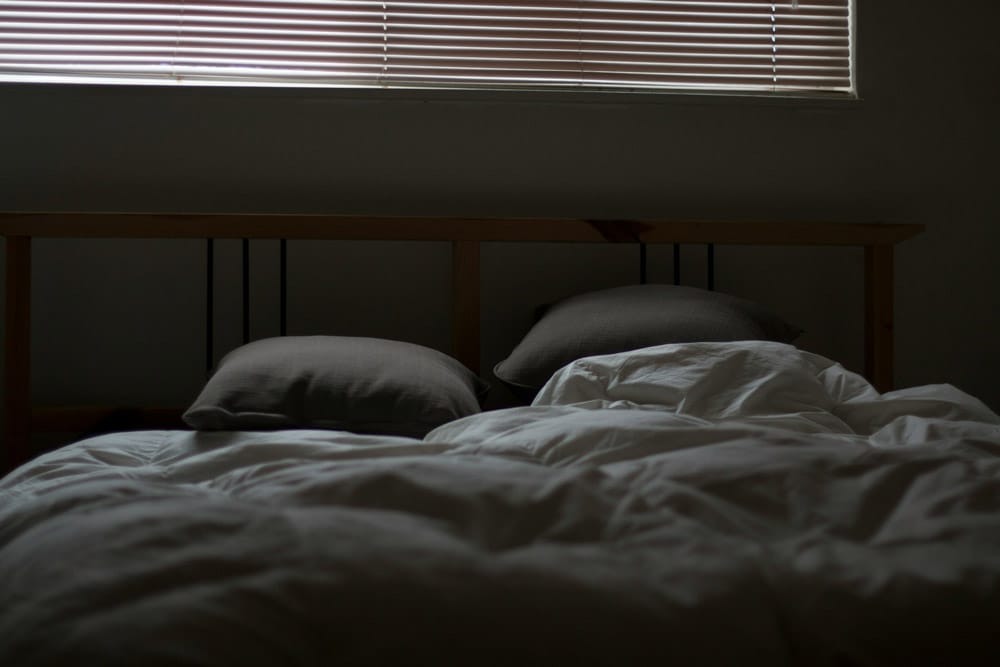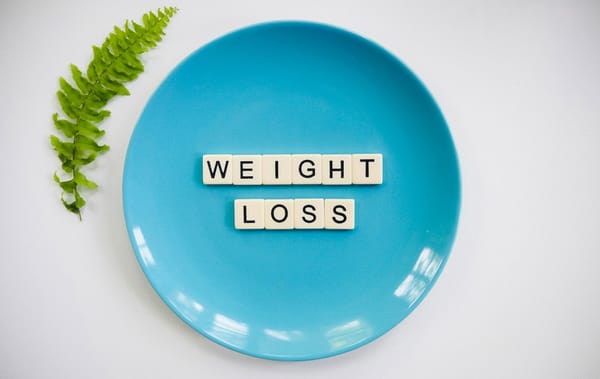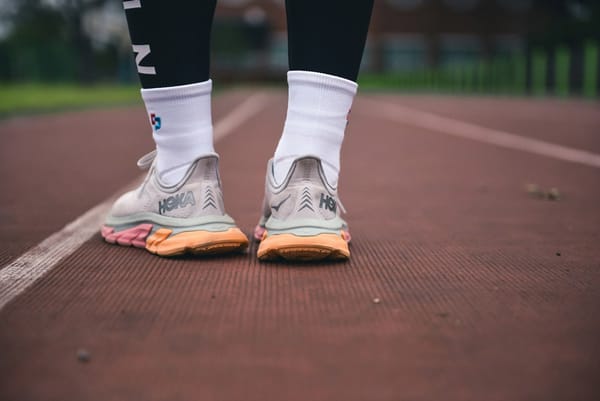Why Sleep Quality Could Be the Missing Piece in Your Fitness Journey

The discussions about fitness primarily revolve around two topics: workouts and meals. The days we spend tracking our steps along with planning our training splits and logging our nutritional goals receive less focus than bedroom hours. We often fail to give our hours in bed enough credit yet your fitness advancement depends on proper sleep more than any single performance tool.
Sleep: The Overlooked Foundation of Fitness
Sleep isn’t just downtime. This active biological process enables your body to repair itself and rebuild itself and reset itself. During your undisturbed sleep time period your body recovers from exercise-related stress while your hormone levels reset and your brain processes daily information.
We treat sleep as though it is something that should only be enjoyed when we choose to. Your fitness progress can stop without any apparent reason when you combine irregular schedules with frequent screen time throughout the night and caffeine based activity in the afternoon. The physical performance and recovery capacity decreases significantly after one week of sleep deprivation as research findings demonstrate.
The state of your sleep probably causes your workouts to become more difficult and your workout motivation to decrease while your progress stops moving forward.
How Poor Sleep Sabotages Progress
When your sleep quality drops, the effects ripple through nearly every system in your body. Here’s how it impacts your fitness journey, often without you noticing at first.
It Slows Down Muscle Recovery
Every time you work out, you create tiny tears in your muscle fibers. Repairing those tears is what makes muscles stronger, but that rebuilding process happens primarily when you sleep. During deep sleep stages, your body releases growth hormone, one of the key players in tissue repair and muscle development. Without enough restorative sleep, growth hormone production drops, leaving your body struggling to recover fully.
Athletes who perform below six hours of sleep perform worse in terms of reaction times and endurance alongside strength compared to those who receive proper rest. The feeling of exhaustion does not represent the complete picture. The body's capacity to rebuild itself at an efficient rate decreases when you lack sleep.
It Disrupts Hormonal Balance
When it comes to your hormones sleep plays a fundamental role in their quality. Cortisol levels increase substantially after you do not get enough sleep. Prolonged elevated cortisol levels lead to fat accumulation together with less efficient muscle protein building and more difficult post-workout restoration.
At the same time, testosterone and growth hormone, both vital for muscle repair and energy, decrease. It’s a double hit: you’re more stressed and less equipped to handle that stress physically. Over time, this imbalance can lead to slower gains, higher fatigue, and even changes in body composition that make maintaining your weight harder.
It Affects Energy and Motivation
Ever noticed how everything feels harder after a bad night’s sleep? Your brain’s prefrontal cortex, the area responsible for decision-making, focus, and motivation, takes a hit when you’re sleep-deprived. You’re more likely to skip workouts, opt for convenience food, or cut sessions short.
Even when you do make it to the gym, your performance suffers. Reaction time, coordination, and endurance all decline. It’s not just mental; your muscles also fatigue faster because your energy systems can’t work as efficiently when you’re running on limited rest.
It Alters Appetite and Cravings
Sleep also affects the hormones that regulate hunger: ghrelin (which increases appetite) and leptin (which signals fullness). When you don’t get enough high-quality rest, ghrelin levels rise and leptin drops. The result? You feel hungrier than usual, and often crave high-carb, high-fat foods.
This particular behavior has nothing to do with mental determination but is entirely based on biology. Your body searches for quick fuel sources because it needs to counteract signs of fatigue. When you eat and snack during the evenings your efforts to keep a healthy weight become increasingly difficult although your daytime dietary discipline stays consistent.
It Slows Your Metabolism and Affects Body Composition
Multiple research studies prove that sleep deprivation negatively affects your body energy processing capabilities along with storage systems. Insulin sensitivity decreases due to lack of sleep and your body faces difficulty handling glucose thus favoring fat accumulation especially around the midsection.
The structured exercise and nutrition followers who neglect sleep lose more muscle and less fat than those who get enough rest. When you do everything correctly in your fitness routine you will not achieve desired results if your sleep regimen fails to provide the essential recovery and metabolism support.
The Link Between Sleep, Immunity, and Injury
Your immune system together with connective tissues needs sleep alongside muscle building and fat burning to deliver its maximum strength. Immune response weakens after low-quality rest which increases your chances of sickness along with inflammation and exhaustion. The rate of tissue repair becomes slow throughout your body because degradation affects muscles as well as tendons and ligaments and your chance of overuse injuries becomes higher.
Lack of restorative sleep probably leads your immune system to operate in an overactive state when you frequently experience soreness and easy cold infections and maintain a healthy diet along with proper exercise routine.
How Much Sleep Do You Actually Need?
Most adults achieve their optimal rest by sleeping seven to nine hours per night. The quality of your rest should weigh just as much as the number of hours. Someone who spends eight hours sleeping but frequently wakes up and has minimal deep or REM sleep experiences similar fatigue and performance decreases that happen to a person who sleeps six hours each night.
People who perform physically demanding work and athletes should go to bed early and maybe need about nine to ten hours of sleep. Achieving a consistent daily routine through bed and wake times will promote healthy regulation of your body's internal circadian clock which drives hormone production alongside energy levels and healing potential.
How to Improve Sleep Quality (and Get the Most Out of It)
If you want to elevate your rest to the same level of importance as your physical training then check out these evidence-based recommendations that begin this evening.
Create a Consistent Routine
Your physiology functions best when it follows regular patterns. Maintain the same bedtime and wake-up times during the week and weekends. Regular sleep schedules help your body's internal clock to function better leading to more efficient sleep and better morning alertness.
Make Your Bedroom a Sleep Sanctuary
Maintain a cool environment between 18 to 20 degrees Celsius. Melatonin production begins when the darkness triggers your body to prepare for bed. Use blackout curtains alongside a white noise machine and an eye mask if your sleep environment becomes noisy or lit.
Watch Your Evening Habits
The body usually retains caffeine presence for up to eight hours so it is advisable to stop consuming it before mid-afternoon. Pre-sleep consumption of heavy meals or alcohol interferes with deep sleep. Take caution with screen usage in the evening because device screens use blue light that prevents melatonin production while faking your brain into thinking daytime continues.
Incorporate Relaxation Techniques
Deep breathing along with mindfulness meditation or gentle stretching creates a calming effect that helps lower your cortisol rates before you go to bed. A peaceful mental state enhances your chances of getting to sleep as well as maintaining sleep throughout the night.
Even a short Pilates session can help with this, its focus on slow, controlled movement and deep breathing promotes relaxation and eases muscle tension, making it an effective way to unwind before bed.
Get Morning Light and Stay Active
Daily sunlight exposure helps your internal clock to synchronize itself. Getting regular physical exercise leads to better sleep quality but you should finish strenuous exercise activities several hours prior to your bedtime to allow your body to obtain its cooling down period.
You might find this interesting: Walking vs. Running: What Sets Them Apart and How They Impact Your Fitness
What If You’re Still Not Sleeping Well?
If you maintain good sleep practices but continue to experience restlessness then you should explore possible health conditions. The night repeated breathing pauses known as sleep apnea cause discontinuous sleep patterns despite adequate time spent in bed. Common health conditions such as chronic stress along with anxiety and restless leg syndrome interfere with restful sleep.
A sleep specialist together with primary care doctors can determine whether your sleep quality problems stem from health conditions or medications you are taking. Your overall fitness performance will experience notable improvement once those main causes are addressed.
The Payoff: How Better Sleep Transforms Your Fitness
Prioritizing sleep will lead to general improvements which surpass the effects found exclusively inside the gym. A boost in alertness will keep you going throughout the day alongside faster recovery periods and better stable energy levels. Your exercise sessions will become less challenging as both your strength and endurance develop at a quicker rate. The benefits you experience include improved mood alongside sharper focus and better ability to handle muscle cravings.
Sleep doesn’t require expensive supplements or equipment. It’s free, accessible, and one of the most powerful performance enhancers you can use.
Final Thoughts
If you’ve been putting in the work but your results have stalled, it might be time to look beyond your diet and workout plan. The missing piece could be your sleep. Rest isn’t just recovery, it’s a crucial part of progress.
Training disrupts your body yet nutrition supplies energy while sleep helps rebuild your body with increased strength. The health benefits from fitness programs reach their maximum performance when sleep joins coaching nutrition and exercise programs. So tonight, instead of pushing for one more rep or scrolling through one more post, turn off the lights, silence the phone, and give your body what it truly needs, deep, restorative rest. Your next workout, and your long-term health, will thank you.



